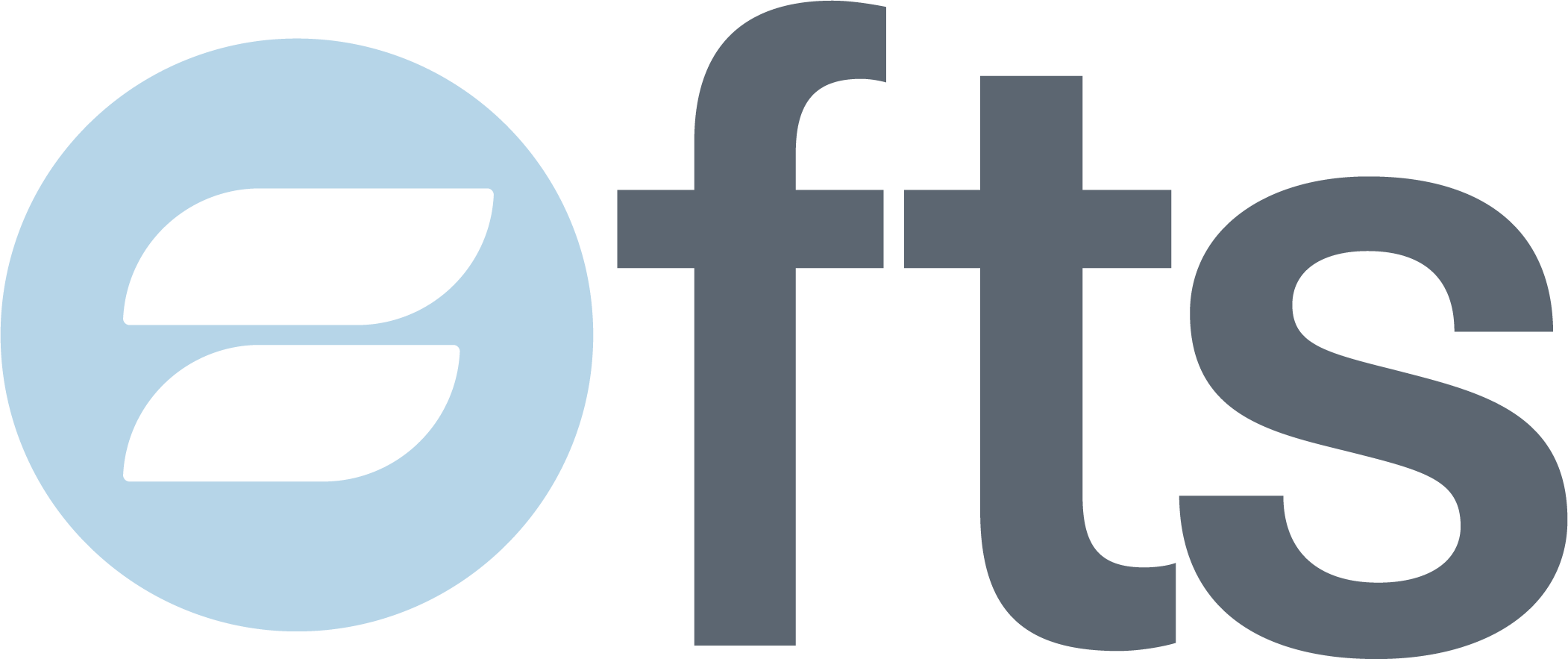Leadership
As Layoffs Take A Toll, Some Builders Scramble, Some Upgrade
Which homebuilding firms continue to play 'on offense' in the current, more adverse environment? Who's back on their heels, playing to survive, and why?

Layoffs are a thing in homebuilding, except where they're not.
Inside this paradox, a plotline new in the past 10 years or so to the residential construction sector and its shifting ecosystem is playing out as game-changing.
- Culture as a reason why young people choose to pursue a field or join and stay with an organization has secured permanency in business success outcomes during that time stretch.
- Among production homebuilders, privately-held companies – in the wake of 2022's sharp market shift – now occupy two distinct camps, one group reduced to business versions of tourniquets and the other doing well enough to prioritize focus on 2024, -25, and -26.
- What afflicts mostly privately held firms struggling most right now to survive rather than nimbly navigating to thrive at the next rebound, is largely a preventable condition that requires investing when times are good to build skill-sets and resiliency for when they go bad.
So, let's go back to the first assertion. Layoffs. Within the past 90 days, reductions in force have spread across the homebuilding landscape, among national enterprises, regional privately-held bastions, and local private operators that do business around a single hub and satellite market.
I've gotten word of more layoffs in more companies, markets, regions, and offices in the past 45 to 60 days, than I've heard in a very long time," says Thomas Carpitella, ceo and founder of FTS, a The Builder's Daily partner. "What stuns me especially is word that some very large private homebuilders laying off 45% of their team members. Also astonishing is that these same companies made more money in the prior two calendar years than they ever did, and despite projecting a volume decline of 30%, they're still terminating 45% or half of their staffs. This is crazy."
Blame some of the widespread RIFs on the pandemic era convulsion that exposed the dramatic mismatch between broad and deep economic growth and need for frontline workers and set in motion the Great Resignation blip that saw employees fleetingly seize an upper hand in employer-employee dynamics. Pulling out the stops to expand production capability fast, many homebuilders hired first and asked questions later.
If you can say that the best thing about 2022 – from a talent standpoint – is that the talent, in theory, got their way in terms of promotions, raises, getting the jobs and working with the companies they wanted to work with," says Carpitella. "By the same token, the worst thing to happen is basically that… over-inflated everything, titles, salaries, over-promises, … a lot of builders have oversold what 2023 and beyond is going to look like. It didn’t set them up for a sense of temperance, both in internal controls around comp and general expectations setting."
Because many builders – particularly short-term focused private companies – were in react mode through 2021 into 2022, they're now in an inverse reaction mode now, fighting for survival, Carpitella says.
If you paid attention to the right things and learned your lesson from 12-15 years ago, you’re still in the position to hire. We’re still getting calls from those clients. And they’re still selling homes. And they’re not laying anyone off," Carpitella says. "These companies – thanks to the investments in resources, and evolving in technologies, and preparing to excel in skills everybody needs now like sales, and sophisticated finance and accounting, and data engineering to capture efficiencies – are continuing to play 'on offense.' They're buying land, they're focusing on product, and where markets are headed."
The homebuilding operators now on defense and getting their hands forced by financial urgencies now have to over-cut. At the same time can't draw on the efficiencies and tech-enabled tactics that can support super-stars in sales, in operations, and in finance. Why? They over-emphasized focus on production at a time homes were selling themselves instead of investing in a resilience dimension at the core of their business for when gravity took hold.
This industry is built off highs and lows, says FTS's Carpitella. "Most people stay on the roller coaster, but it’s the people that enjoy the roller coaster, but also hop off to make sure that they’re building something sustainable so they won’t get nauseous on the ride."
Investing in capability for present-day adversity and future resiliency and success involves focus on best practices across homebuilding's varied disciplines, many of which – powered by technologies and data – are evolving into work-of-the-future roles that differ from job descriptions of org-charts past.
The biggest opportunity in the next 10 years for the industry – specifically around talent – is finding the talent to take advantage of more of automation, and technology," says Carpitella. "We’re going to see builders become smarter in how and where they put their resources, and what even a resource looks like. Superintendents are going to morph into more white-collar-style jobs. If that’s currently the blue-collar role at a homebuilder, I look at those types of roles being more white collar, more sophisticated in seven to 10 years, and as a result, I expect the work to be easier and more automated. In theory, this doesn’t warrant an exorbitant amount of people to get the job done.
Also, when you look at 2030, you’re going to see more software engineers. More engineers as staff and not as a third party. I feel encouraged by that as it relates to an industry-wide shift in labor and labor needs and narrowing the labor gap.
Carpitella's sense of encouragement comes with a caveat and a catch. It's the counter-intuitive business commitment to and investment in business culture that, he says, will be essential to elevating homebuilders' operational, marketing and consumer insight, financial, policy, and technological competence, he observes.
There are a lot of builders that still struggle with trying to create an employee experience that’s memorable, that doesn’t feel like you’re one of 50 superintendents," says Carpitella. "Culture in our industry will continue to evolve toward optimizing employee experience. A lot of supers and sales people might say, ‘I’m one of 55, so what does it matter how engaged and productive I am?' On the other hand, if you’re a software engineer at Microsoft, you’re one of 55,000, and I guarantee you ta lot of folks are going to be made to feel like they’re contributing and that they’re part of something bigger. These tech companies are so heavily committed to the future, that they bought into culture 10, 15, 20 years ago. They have a 20 year head start. That's all opportunity for homebuilding."
What's more, many of the talent-side clients of FTS are making it known that if the home construction field and its organizations evolve – with culture as a core dimension of financial profit and value creation – they'll pursue their opportunity within the sector's ranks.
When we’re engaged in work with candidates and talent we’re almost by default talking about compensation as the very last thing that comes up in the order of priorities," says Carpitella. "Starting out, we’re talking about culture; we’re talking about core virtues and philosophies, how the builder thinks about the market; how the builder thinks about product and innovation; … it’s those things that in the last two years or so have had people taking pay cuts more than we’ve ever seen."
Staffing and recruiting done right. Fast Tracking Solutions specializes in delivering top talent in accounting/finance, construction, and technology operations.
MORE IN Leadership
How Signature Homes Wins While Other Builders Pull Back
Sales are sliding for most private builders. Dwight Sandlin’s team is defying the trend with strategy, speed, and customer obsession.
HW Media Acquires The Builder’s Daily, Expanding into the Homebuilding Vertical
Strategic acquisition adds leading homebuilding publication and strengthens HW Media’s commitment to serving the full housing economy
C-Suite Leaders Will Gather To Chart Homebuilding’s '26 Reset
The Builder’s Daily announces the speaker lineup for this October’s high-impact leadership summit in Denver, where the best minds in homebuilding operations, marketing, and technology will explore how to lead through the now and build for what’s next.


